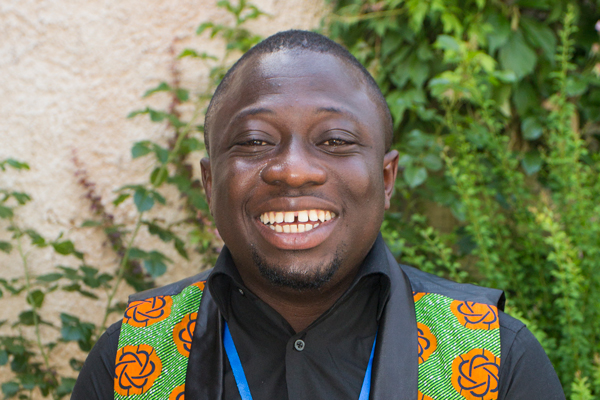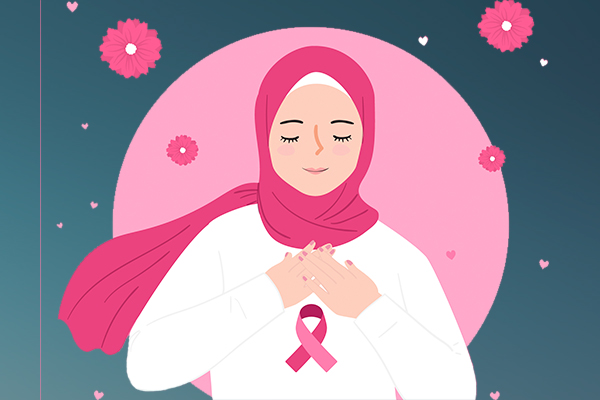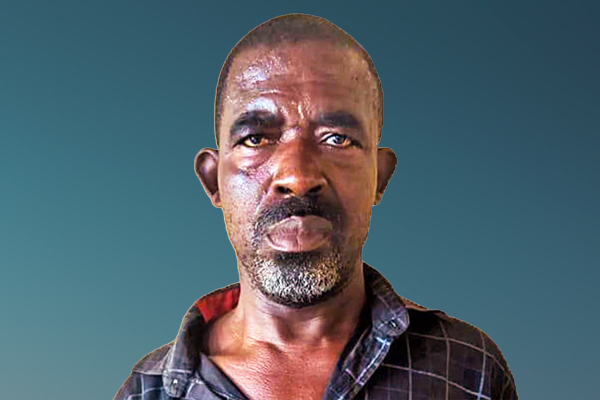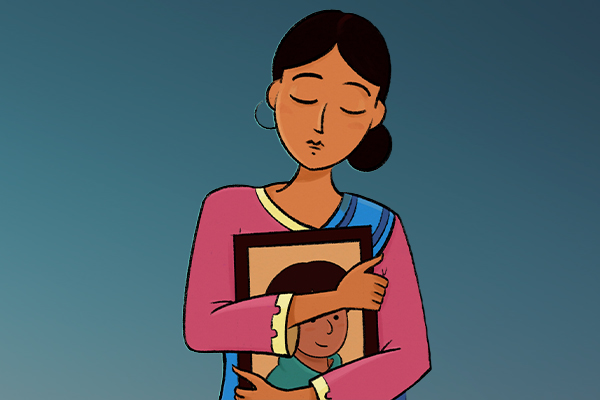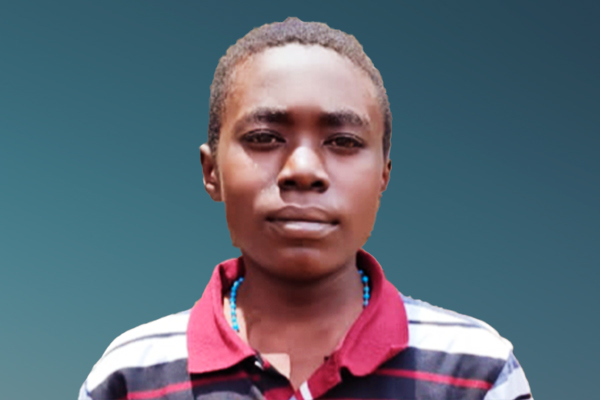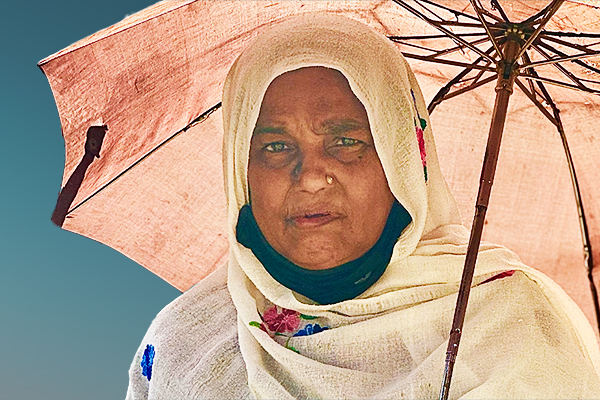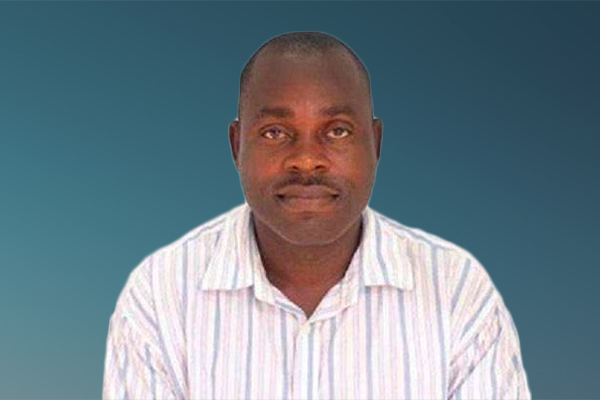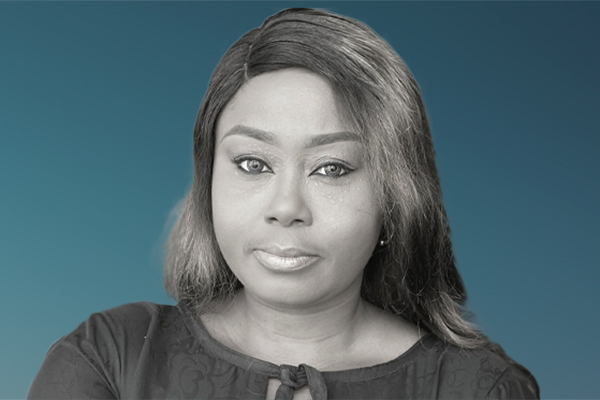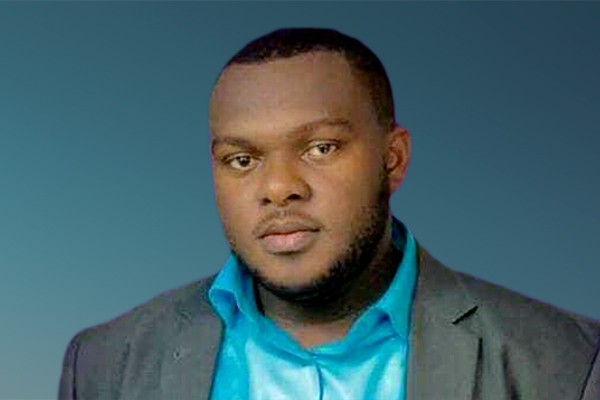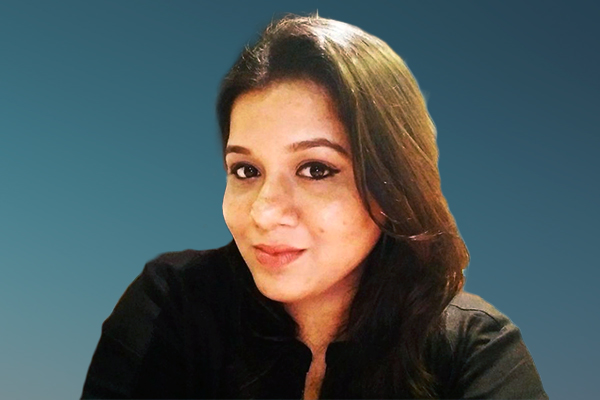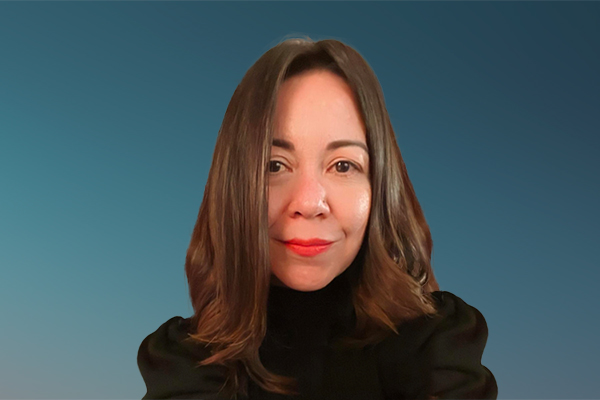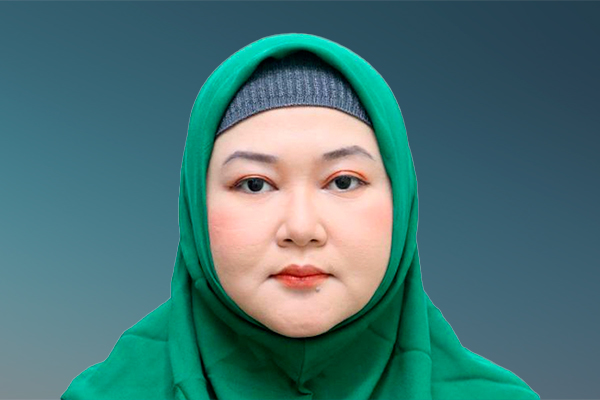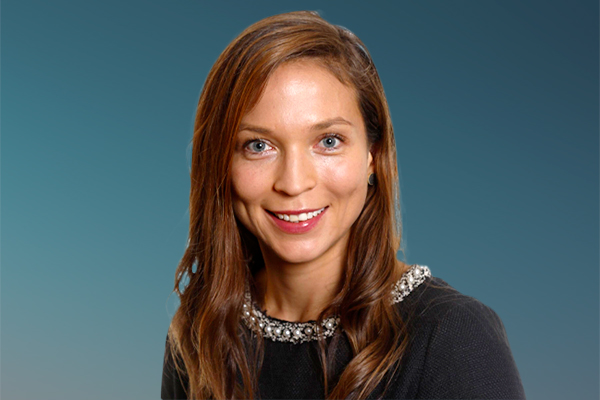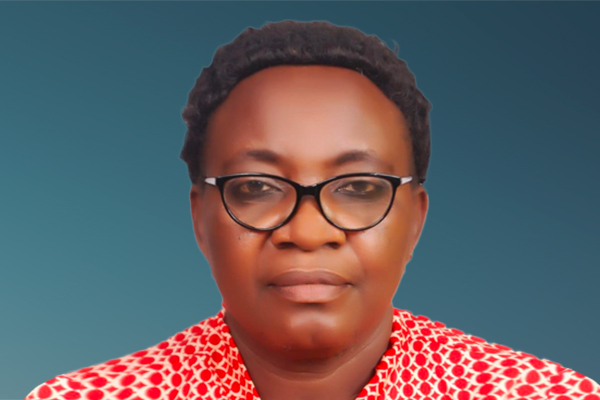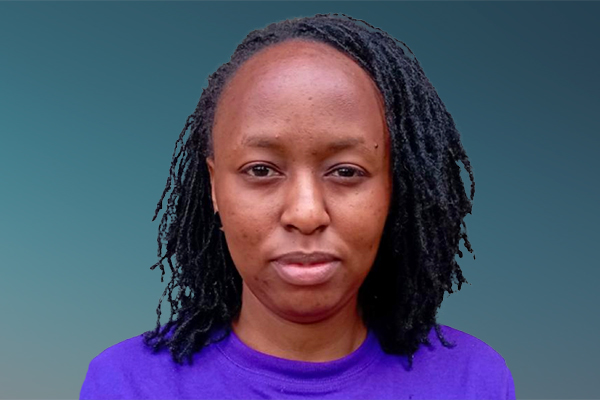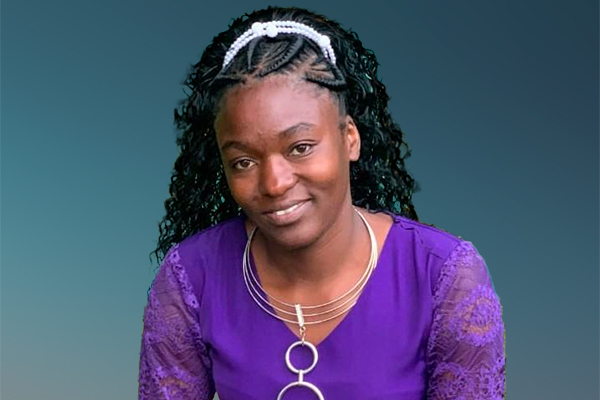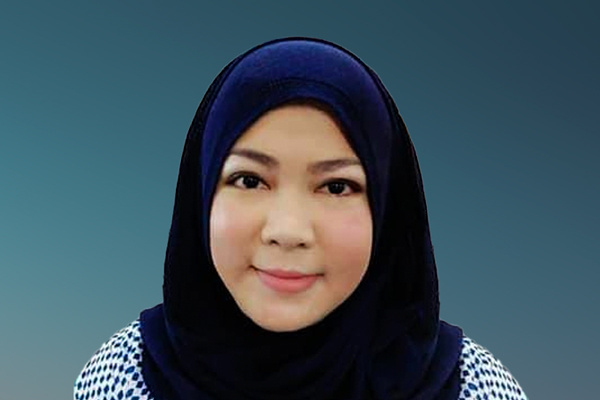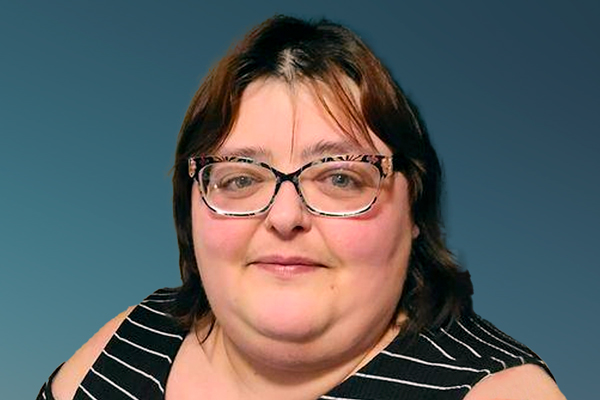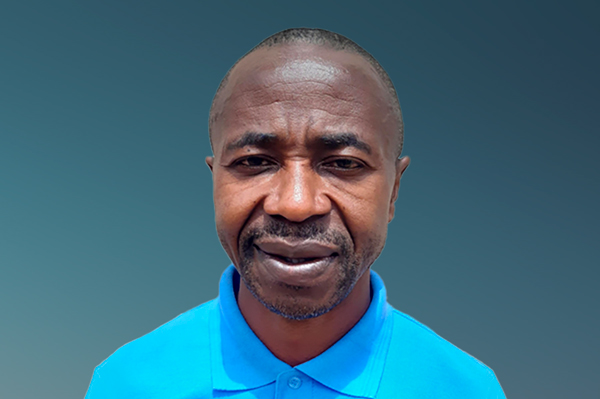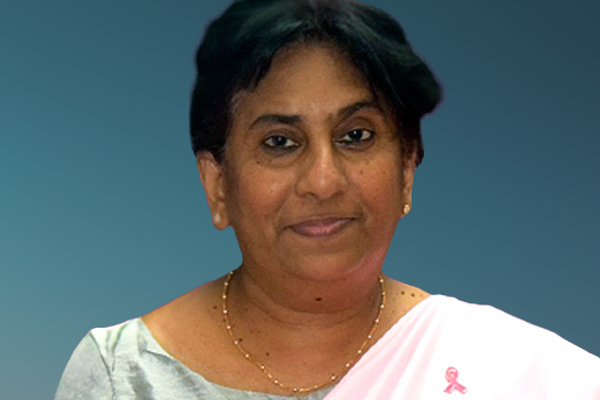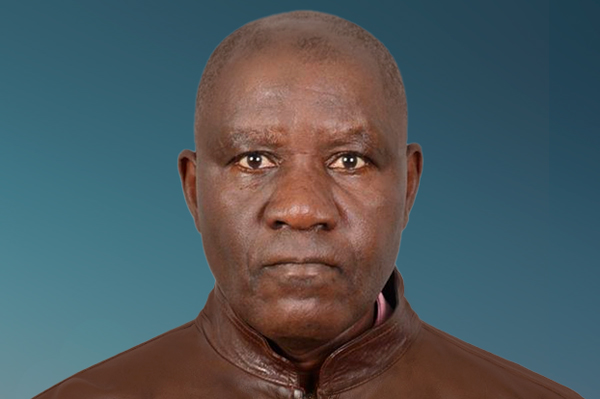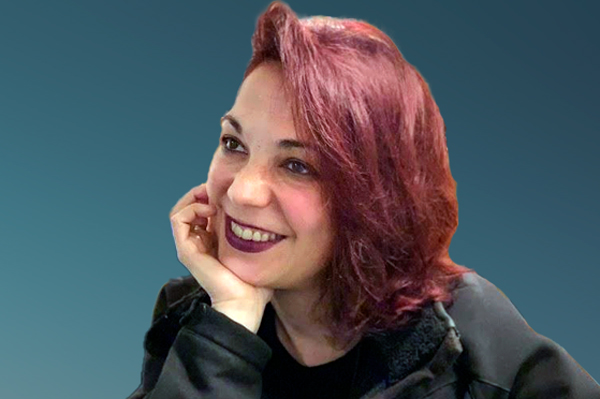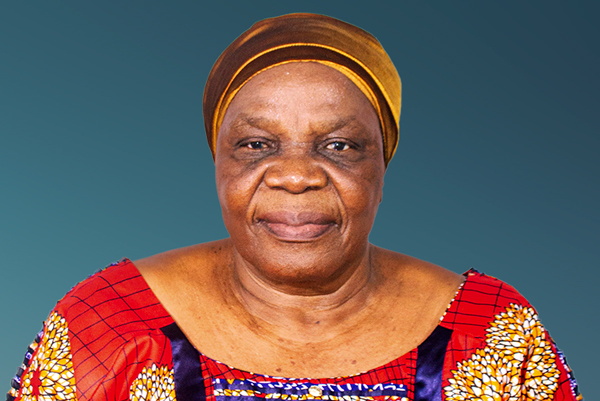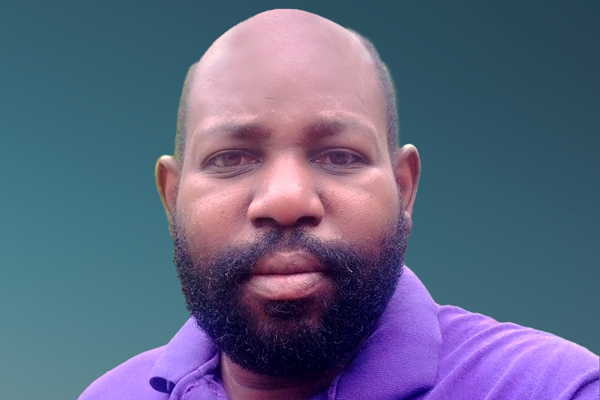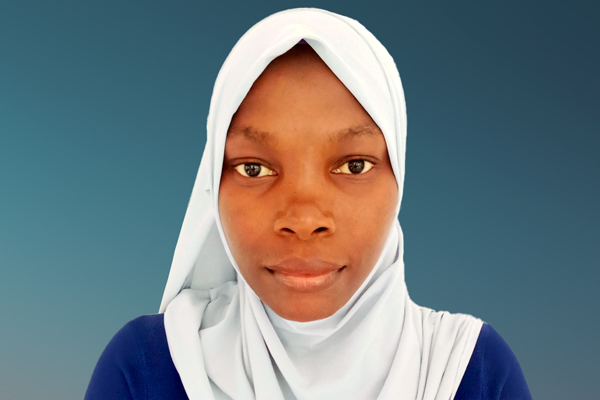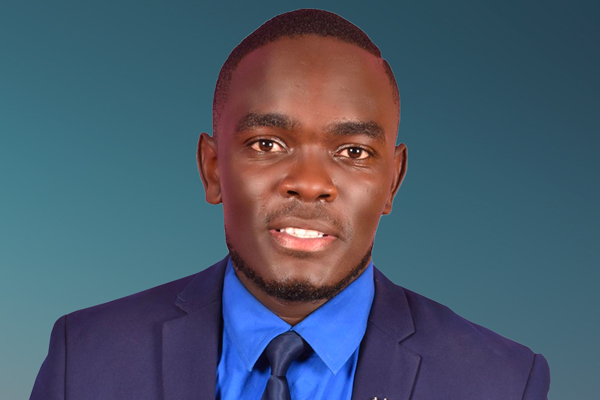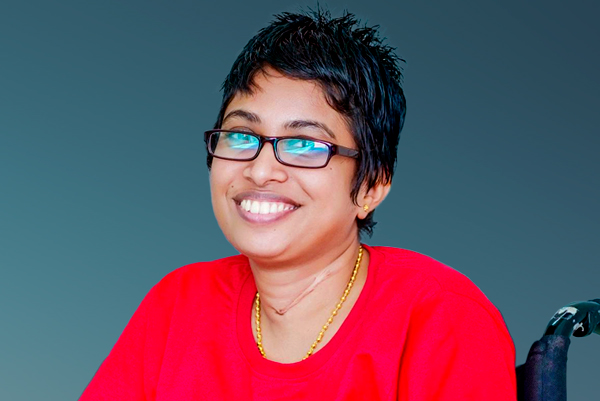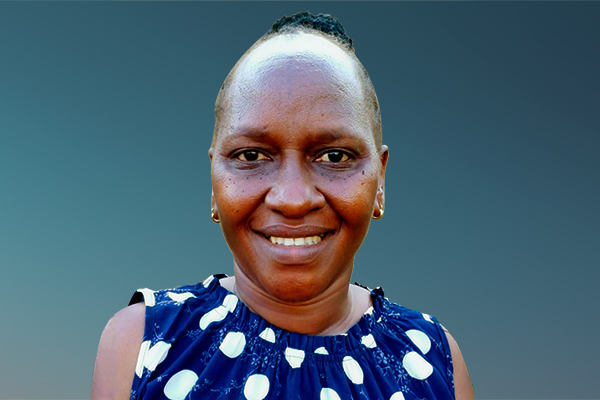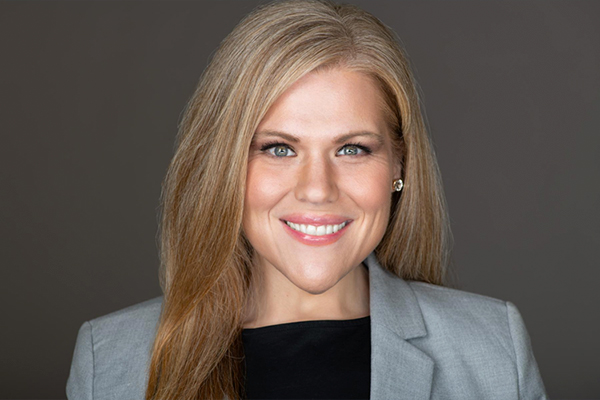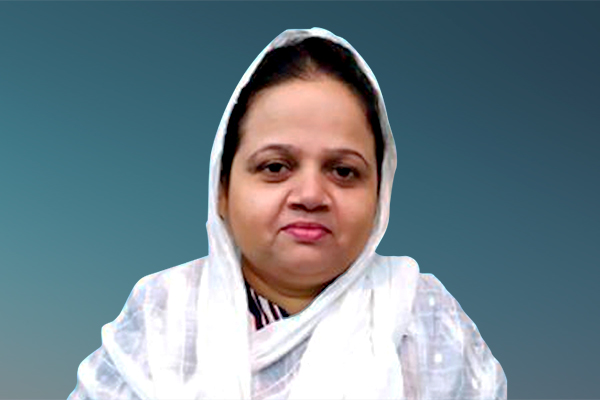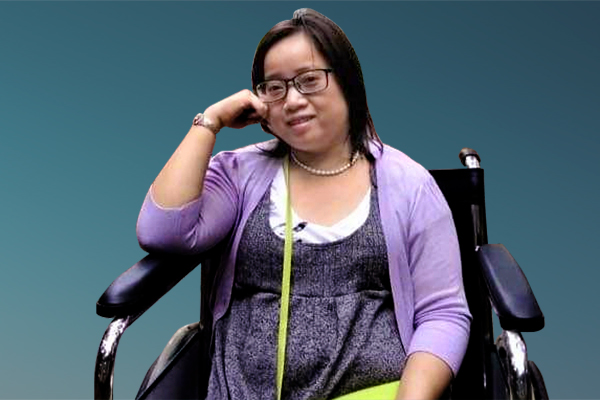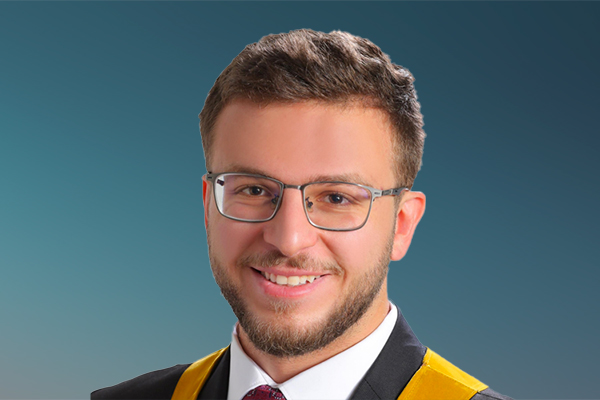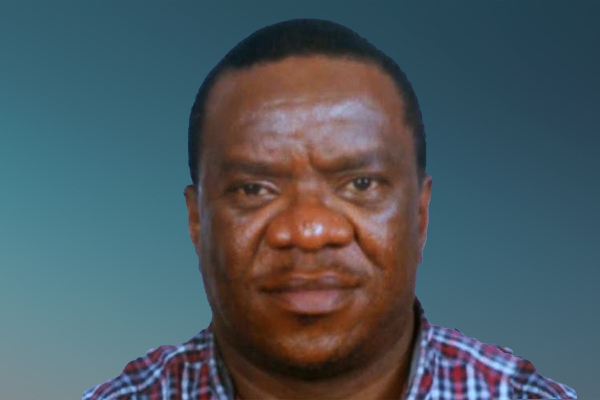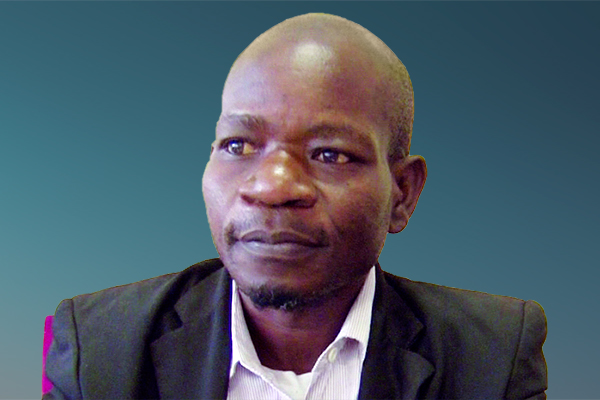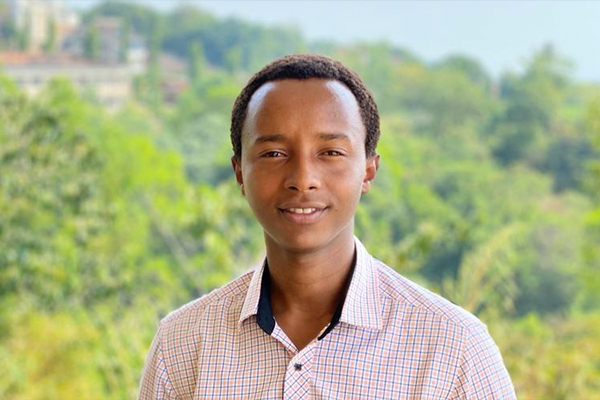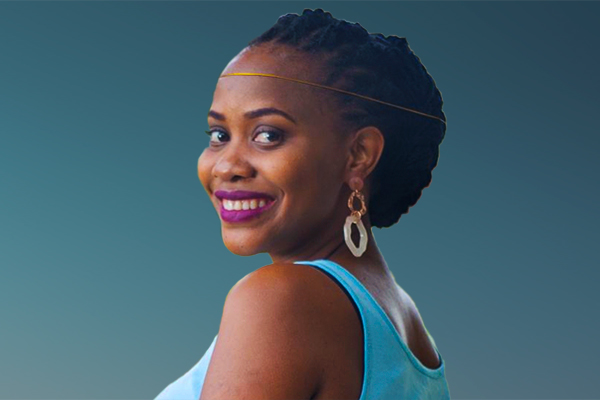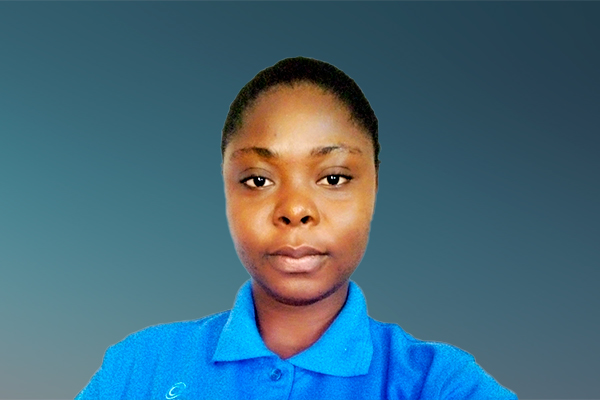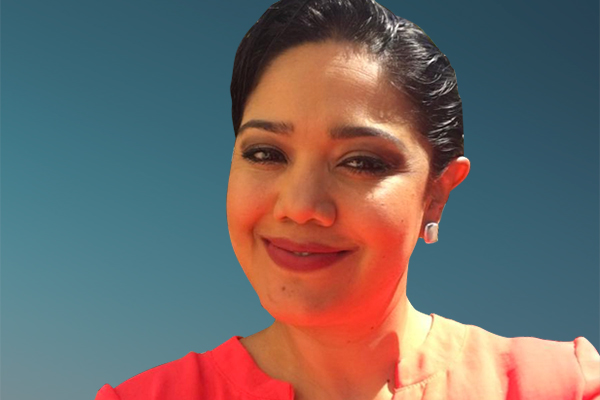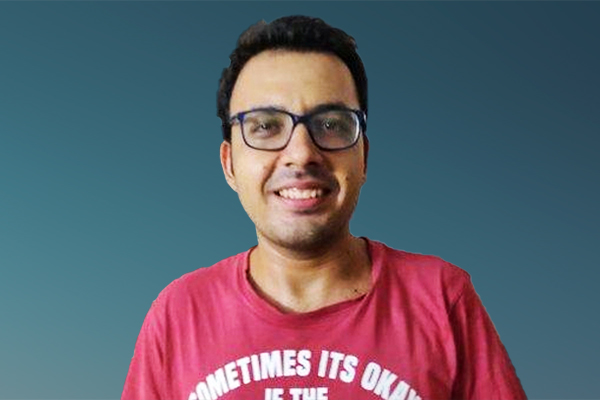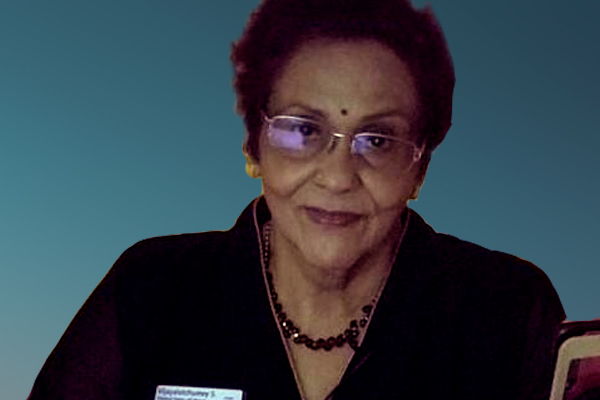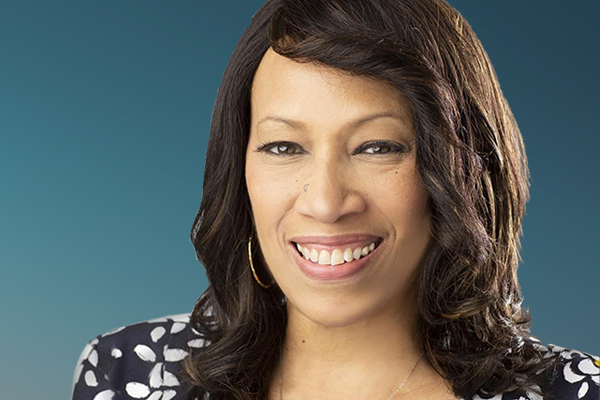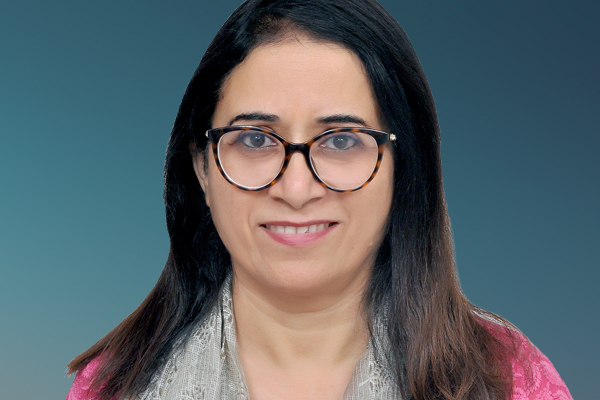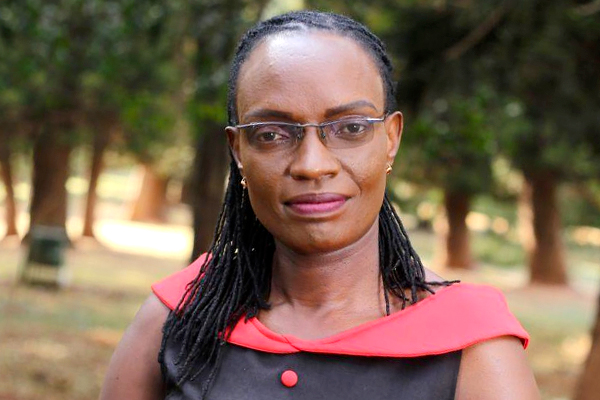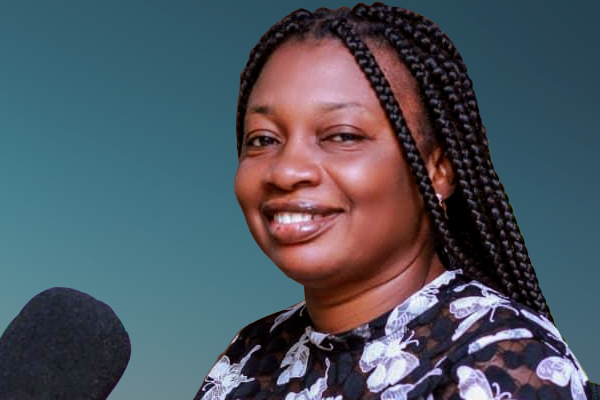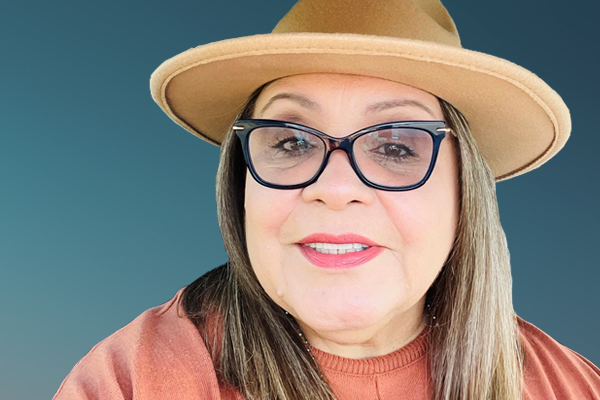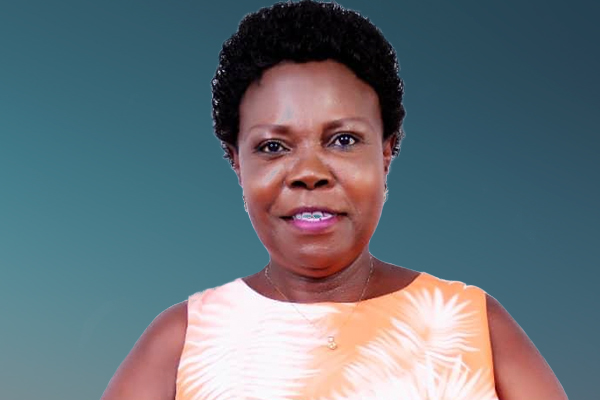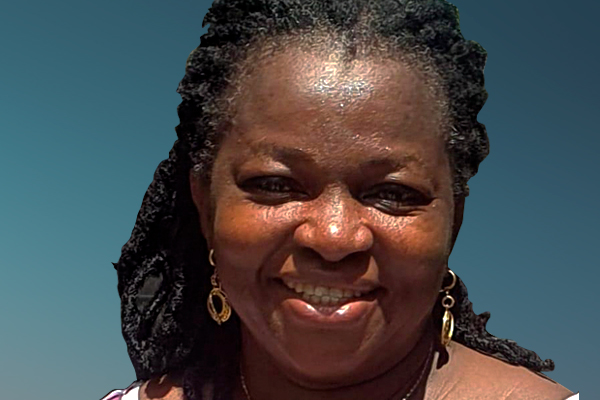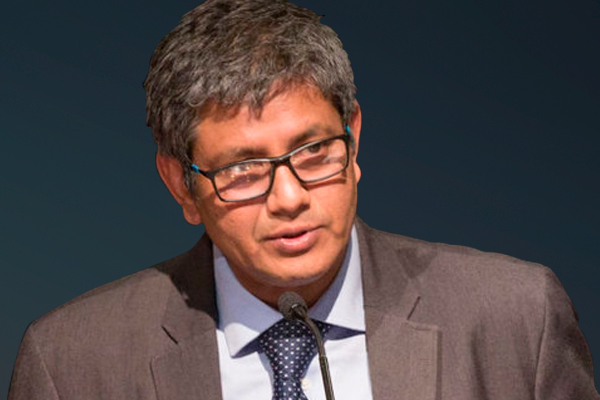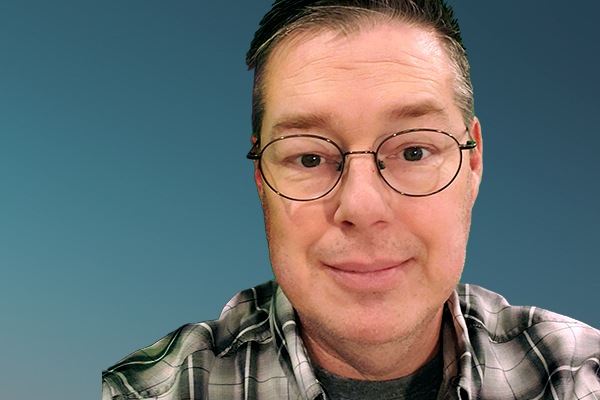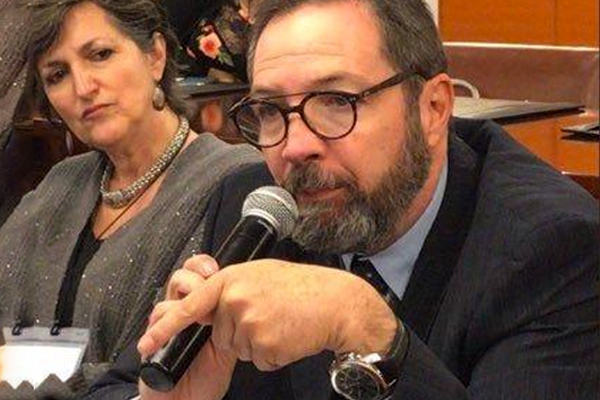Welcome to the third and last episode of my 3-series podcasts, my name is Chikhulupiliro Stanley Jnr Ng’ombe from Malawi. In the first episode I talked about my NCD journey; in the second I talked about how my NCD journey affected and involved others and now for the third and final episode, we concentrate on what I am doing now as I continue to battle my NCD.
By 1995 I was cancer-free, but the scar that is permanently in my brain causes seizures up to date. It was a challenge but I managed to finish primary school, high school and college.
While in university where I was studying for HIV/AIDS Management, I kept having this urge or need inside me to do more. I kept having a desire to start a non-profit organisation or network that would support people living with cancer through efforts and programs that were created and implemented by cancer survivors, in order to raise their hopes as they go through treatment.
In my third year I dropped out (though I plan to complete my degree in the future) as I felt I had to make a choice between saving lives and getting a degree. I chose the former, and in 2011, I established Cancer Survivors Quest, when the fight against cancer and NCDs had little momentum in Malawi. Through Cancer Survivors Quest, we assist the government by coming up with a people-centred approach to fighting cancer, through awareness and provision of psychosocial care. As Cancer Survivors Quest we, visit various hospitals in Malawi that treat cancer (public and private) where we council diagnosed patients about cancer as they doctors and medical personnel never have adequate time to explain everything about the journey of fighting cancer and what cancer is all about, also that when patients meet a survivor it ignites a hope in them that survival is possible, many have the belief that cancer is incurable and all they know is that they will die but just by seeing a survivor changes all this. Cancer Survivors quest holds awareness in villages where there are no health facilities or limited facilities and cancer would be a subject of no discussion, but through our survival stories we are able to break the barriers and share some truths about cancer to those that may not be well educated or educated at all. Now, we are happy to see that through our efforts and efforts of a few other organisations there is much more being done about cancer on a national level.
During a meeting in Eldoret, Kenya in 2016, that was being hosted by NCD Child, was when I first heard of the NCD Alliance. I was greatly impressed by the collaborative, people-centered approach being driven forward by the Alliance, as well as their focus on the meaningful involvement of people with NCDs. Upon my return from this meeting, I was highly motivated to bring to life an NCD Alliance in Malawi. With the help of some friends, namely, the late founder of Jiyavanni Diabetic foundation, late founder of Hope for Cancer, Maud Mwakasungula (women’s coalition against cancer) as well as through Cancer Survivors Quest, formed the NCD Alliance in Malawi and soon got other organisation to join.
I soon started working as the first project manager for the Malawi NCD Alliance, and through our work, we have been able to touch the lives of many people living with NCDs in Malawi through our advocacy and work to improve the impact and quality of the NCD response nationally. I was also accepted to be a member of the Our Views, Our Voices advisory committee where I will be serving throughout 2022.
I am also part of Epilepsy Warriors Foundation, an organisation that promotes the well-being of people with epilepsy that also uses a person-centred approach too, where I am currently the board chair.
Working with these organisations, allows me to have a closer eye and therefore a better understanding of Malawi’s medical system. One challenge I have identified is the lack of trained nurses able to adequately provide care for NCDs. As Cancer Survivors Quest, MWNCDA or Epilepsy Warriors Foundation, found that people living with NCDs often have very little explained to them in terms of their condition or treatment journey. This is partly due to lack of training that the nurses receive, as after nursing school they receive no further training. With the support of one of our partners Pretola Global, Epilepsy warriors Foundation were able to hold an online training for clinical workers and nurses on general epilepsy management and care. Over 30 nurses were trained and now we are assured that each district clinic and/or hospital in Malawi has at least one trained nurse that will assist those that need the care in the right way. We are continuing to work with our partners to support the Malawi government by training more nurses, because as people living with NCDs we know and understand the importance of health workforce and health providers. If we have more trained personnel in the hospitals, we are assured better diagnosis and management of epilepsy in the country as a whole.
As Cancer Survivors Quest we have projects that bring the health workers to the poorest of the poor as Malawi has no national insurance, just private insurance. Since our clinics and hospitals cannot manage to provide all the services and drugs. One such example is the “Alinafe Cerivical Cancer Screening project”, where we raise funds to offer cervical cancer screening services. We hire nurses and purchase the materials and travel to various villages to offer cervical cancer services for free. Our services are different since we start with awareness and our stories of surviving cancer, our stories help to change the mindset of people and masses will come for screening with the new understanding that you can survive cancer.
Provision of psychosocial care is something that health providers are unable to provide, so as cancer survivors we go out giving hope to patients in the hospital and providing basic groceries and amenities that patients require but are not able to acquire them and government is not in the financial position to provide it.
There is a great need for more testing facilities around the country for cancer and NCDs in general. Early detection is key, but unfortunately there is the challenge to accessing these services. We as Cancer Survivors Quest are working on embarking on a project that will set up testing centres in the most rural areas. We will start with screening cancer and partner with government and other organisations that handle different NCDs so that screening can be done earlier and diagnosis too should be received earlier. Allowing the patients to access health care before cancer or the NCD has reached at an advanced stage.
As much as a lot is being done by the Malawi government, there still is much that needs to be done as a country. As a nation there is little to no awareness of NCDs. When it comes to awareness, most of the time it is treated as an event, but awareness should rather be a process, the process of disseminating information about NCDs until most if not all become knowledgeable. Raising awareness on NCDs requires constant collaboration between the government, people living with NCDs (including organisations run by people living with NCDs) and health care providers, and therefore I call on the Ministry of Health in Malawi to play a leadership role in convening with people living with NCDs and health providers to drive forward national awareness campaigns on NCDs.
Another requirement in the battle against NCDs in Malawi, are purpose-built facilities for NCDs. At the moment most NCDs are treated at a clinic level but most NCDs required specialized treatment, specialized drugs and specialized services. We do commend the fact that we now have NCD clinics but that is just the start, much more needs to be done for Malawi as a country to control and mange NCDs for the present and future generations. ‘I call on the Government of Malawi to advance efforts to finalize the construction of the cancer centre, and ensuring that the cancer centre is fully operational for which a loan was taken to construct yet we have not seen progress on, as well as other specialised facilities for NCDs.
I also call upon government to resist treating awareness of cancer and NCDs as an event but adopt measures in creating, printing and making available information pertaining to cancer and NCDs available just like other non-communicable diseases which the government has tackled very well. And may call to government reiterates the need to hold hands and work together towards a common goal and ensure that we are able to get NCDs under control.
I also further call upon government to come up with more polies on training and partner where necessary with various stakeholders to ensure that health care providers of all levels are able to have further trainings that will enable them to treat people living with NCDs and provide them with up-to-date patient-centred care. And also ensure that government updates the drug list and provide newer and better drugs to people living with NCDs.
NCDs can be treated, managed and one can live through it, I hope my story and the stories of other people living with NCDs that I have told through my series of podcasts highlights that. I also hope that this podcast can challenge government and other decision-makers in Malawi to do more.

